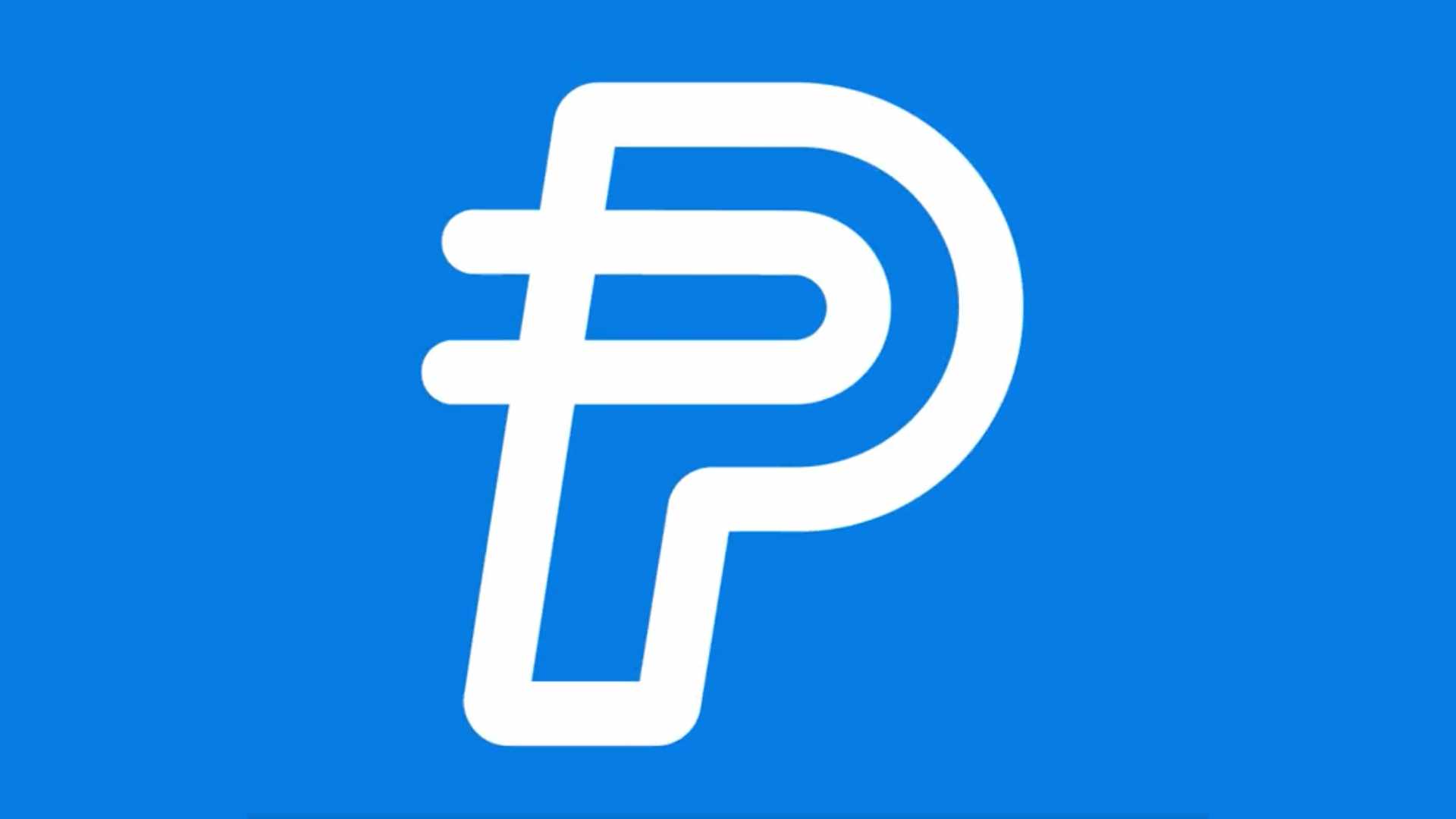
Paypal releases PYUSD Stablecoin, which was a significant move that underscores the growing acceptance of cryptocurrencies and stablecoins, PayPal recently made waves in the financial world. This groundbreaking development holds the potential to reshape the landscape of digital currencies and further propel the adoption of stablecoins. As regulatory attitudes become more favorable and technological advancements continue, PYUSD’s arrival could mark a pivotal moment in the evolution of cryptocurrency.
The Rise of Stablecoins
Stablecoins, a type of cryptocurrency pegged to a stable asset like a fiat currency or commodity, have gained traction due to their potential to combine the benefits of cryptocurrencies with the stability of traditional currencies. PayPal’s entry into the stablecoin market represents a significant step toward legitimizing this innovative form of digital currency. By being backed by the U.S. dollar, PYUSD aims to provide users with a reliable and less volatile option for transactions and investments.
A Game-changer for the Crypto Space
The launch of PYUSD is a game changer for several reasons. Firstly, it lends further credibility to the concept of stablecoins, making them more appealing to a wider range of investors and users. The stability and backing of PYUSD by a well-established company like PayPal could help alleviate concerns about the potential risks associated with other cryptocurrencies. Furthermore, the timing of PayPal’s move aligns with an increasing trend of regulatory authorities adopting a more favorable stance towards cryptocurrencies and stablecoins. Governments and financial regulators around the world have been gradually recognizing the potential benefits of these digital assets while working to establish clearer guidelines. PayPal’s introduction of PYUSD amidst these evolving regulations could pave the way for other financial institutions to explore their own stablecoin initiatives.
Good news for our users!
The impact of PayPal’s PYUSD is not limited to the realm of traditional financial transactions. For our dear Web3 Enabler users, we are happy to see that yet another solution exists on the market to allow them to easily convert their stablecoins to fiat currencies or use these stablecoins as a means of payment. That is how things go in the world of emerging technologies: one tech benefits the others. If you haven’t tried Web3 Enabler, our first version is live on Salesforce. PayPal’s launch of the PYUSD stablecoin signifies a remarkable step toward the mainstream adoption of stablecoins and the wider acceptance of cryptocurrencies. By offering a stable and reliable digital asset, PayPal addresses concerns about volatility and security that have sometimes hindered broader adoption. This move also reflects the changing regulatory landscape, where governments are increasingly open to the potential benefits of digital currencies (for the best or the worst). As the fintech and cryptocurrency landscapes continue to evolve, PYUSD’s impact is likely to reverberate beyond PayPal’s ecosystem, influencing other players to explore similar offerings. Moreover, its integration into Web3 Enablers like Salesforce heralds a new era of user-friendly financial flexibility in the digital age. The launch of PYUSD is not just another cryptocurrency development; it’s a signal of progress and transformation in the way we perceive and use money in the digital era.